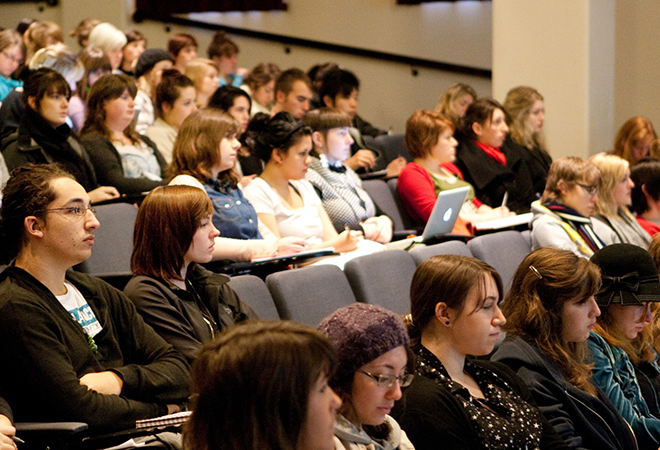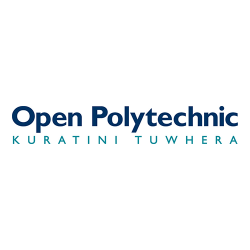
Team-based, creative learning in bridging education
Status
Completed: 1 December 2010
Project Details
Dr Peter Howland developed and introduced team-based, creative learning exercises and assessments into the social science elective (UP016) in an attempt to improve student retention and course pass rates.
Methodology:
Students were randomly assigned to Tutorial Assignment Groups (TAG), and given between two and four assignments worth between 12% and 20% of their total course marks to complete. The assignments were related to specific course readings and had creative, physical and presentation aspects (e.g. a 'totem pole' symbolically representing their TAG). For each assignment students took turns to be Facilitators and Minute-Keepers, and all students shared in the marks assigned to their group project. Furthermore, students retained a percentage of their TAG marks on a pro-rata basis linked to their attendance at TAG tutorials and were required individually to sit between three or four tests, based on the same course readings, to assess individual knowledge and understandings.
Team

Dr Peter Howland
Open Polytech of New ZealandStatus
Funding
$8,617.78 (excl GST)
Key Findings
- The introduction and consequent refinements of team-based, creative learning (TBCL) exercises in UP016 over four consecutive trimesters from Trimester 1, 2009, to Trimester 1, 2010, have had positive learner benefits as evidenced by marked improvements in student retention and course pass rates (even when the potential inflationary effects of TBCL marks are excluded from this consideration).
- The improvement in student retention has been constant over this period, although the improvement in course pass rates has been most significant in the Trimester 1 classes, which have historically been the largest that UP016 administers.
- Evidence of learner benefits in terms of positive flow-on effects is mixed, although a small overall improvement has been recorded in the final exam. Most recently, in Trimester 1, 2010, however, a dramatic improvement in final exam pass rates was recorded. Nevertheless additional monitoring and review is required to ensure that potential learning/educational benefits flow-on to other aspects of UP016 learning and assessment, in particular into improving pass rates in the final exam.
- Students have for the most part responded positively to the TBCL initiative and have benefitted from both the social and socio-educational networks they developed as a consequence.
- Potential improvements to the TBCL exercises could include the introduction of a peer-evaluation component that could alleviate student concerns about, and the ‘reality’ of, freeloaders.
Key Recommendations
This report outlines Dr Peter Howland's process to develop and introduce team-based, creative learning exercises and assessments into the social science elective (UP016) in an attempt to improve student retention and course pass rates.
(PDF, 362 KB, 15-pages)
- 1 December 2010